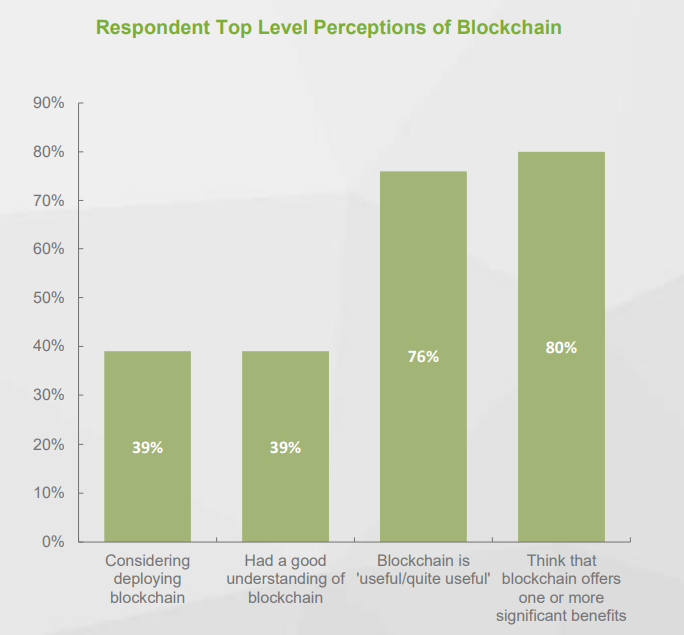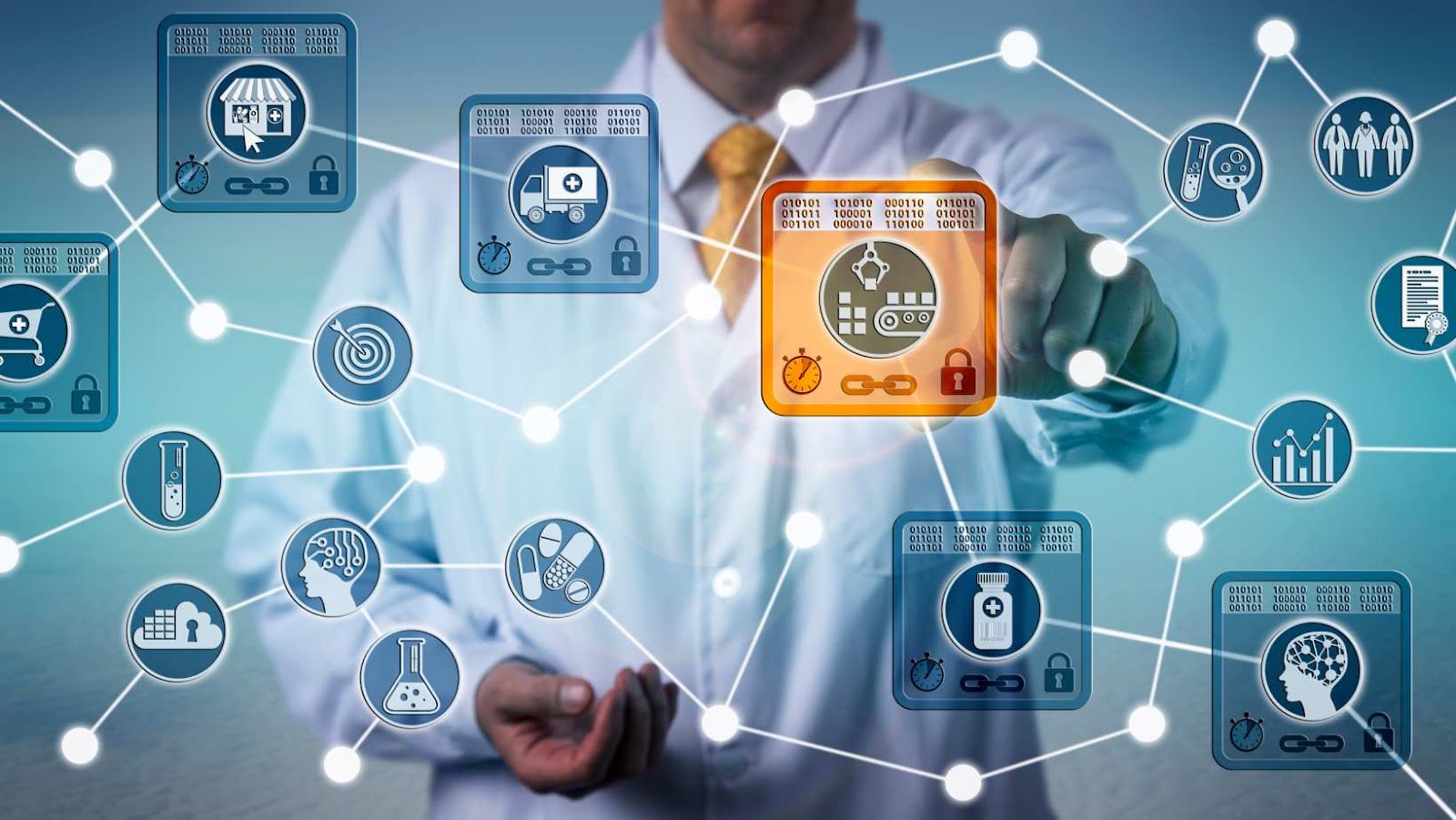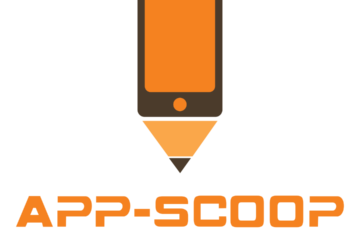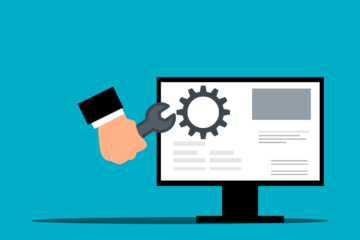Integration of technology has always been a catalyst for transformation in healthcare’s constantly changing industry. Among the latest innovations set to revolutionize the industry, blockchain in healthcare stands out as a promising solution to address longstanding challenges and reshape the healthcare ecosystem.
By leveraging the principles of decentralization, immutability, and transparency, blockchain has the potential to streamline operations, enhance data security, and empower both providers and patients. Here, we explore the implications of blockchain for healthcare industry and its transformative power.

Current Challenges in Healthcare Industry
Before exploring the potential of blockchain, it’s essential to understand the pressing challenges facing the healthcare industry. Fragmented data management systems, privacy concerns, integration issues, and lack of transparency have hindered efficiency and innovation.
According to a report by the Healthcare Information and Management Systems Society (HIMSS), approximately 80% of healthcare data is unstructured, making it difficult to access and share critical information efficiently.
What is Blockchain Technology?
Blockchain technology, the underlying foundation of cryptocurrencies like Bitcoin, offers a decentralized and secure way to record and verify transactions across a network of computers. Each block in the blockchain contains a timestamped batch of transactions, cryptographically linked to the previous block, ensuring data integrity and reliability.
Related Articles:
Top 5 Mobile App Development Trends 2024
Android Vs iOS App Development – Complete Guide For Tech Leaders
Importance Of UX Design In App Development
Potential Applications of Blockchain in Healthcare
Blockchain holds immense promise in addressing some of the most pressing issues in healthcare:
1. Electronic Health Records (EHR) Management: It stands as a crucial application of blockchain in healthcare. With its secure and decentralized ledger, blockchain assures data integrity, accessibility, and compatibility among various healthcare providers.
Numerous healthcare organizations express intentions to invest in blockchain technology to enhance their EHR systems, indicating widespread recognition of its potential to revolutionize data management in healthcare.
2. Secure Data Sharing and Data Exchange: Data exchange remains a significant challenge in healthcare, with disparate systems hindering seamless data exchange. Blockchain enables secure and efficient sharing of sensitive medical data while maintaining patient privacy and consent.
According to a survey conducted by IBM, while 76% of all respondents felt that blockchain could be ‘useful’ or ‘quite useful’, this rose to 82% amongst Founders/CEOs. This indicates a strong belief among industry leaders in the potential of blockchain to drive connectivity in the healthcare industry.

3. Patient Consent Management: With the implementation of smart contracts, blockchain facilitates transparent and auditable management of patient consent.
Smart contracts automatically execute predefined terms when certain conditions are met, ensuring compliance with privacy regulations such as the Health Insurance Portability and Accountability Act (HIPAA).
4. Drug Traceability and Supply Chain Management: It represents a critical area where blockchain technology offers transformative solutions. The prevalence of counterfeit drugs poses grave risks to patient safety and undermines trust in the pharmaceutical sector.
Blockchain provides a means for end-to-end traceability of pharmaceutical products, mitigating the threat of counterfeit or substandard medications. The demand for supply chain transparency and drug authentication solutions is a significant factor behind the adoption of blockchain in healthcare.
5. Clinical Trials and Research Data Management: Blockchain technology can streamline the process of conducting clinical trials and managing research data. By securely recording trial data on a tamper-proof ledger, blockchain enhances transparency, data integrity, and accountability, ultimately accelerating the pace of medical research and innovation.
Tip: Harness the potential of blockchain to revolutionize healthcare like industry giants ProCredEx and MedRec. Partner with us at App-Scoop, one of the best blockchain development companies in Vancouver, to leverage our expertise in blockchain technology and drive your business forward in the healthcare sector.
Let’s collaborate to capture the market and shape the future of healthcare.
Benefits of Blockchain Technology in Healthcare Industry
The adoption of blockchain technology offers numerous benefits to stakeholders across the healthcare ecosystem:
1. Improved Data Security and Privacy: It is one of the key advantages of blockchain technology in healthcare. Its cryptographic algorithms and decentralized architecture provide inherent security, protecting against unauthorized access and tampering of data.
Many healthcare executives recognize blockchain’s potential to enhance data security and privacy, reflecting a widespread acknowledgment of its benefits in safeguarding sensitive healthcare information.
2. Enhanced Interoperability and Data Integrity: By providing a single source of truth for healthcare data, blockchain improves interoperability and data integrity, enabling seamless exchange of information between different stakeholders.
3. Streamlined Processes and Reduced Costs: The automation and efficiency gains enabled by blockchain can streamline administrative processes, reduce paperwork, and lower operational costs. A report by BIS Research estimates the global blockchain in the healthcare market to reach $5.61 billion by 2025, indicating significant growth potential.
This underscores the opportunity for substantial cost savings and operational efficiencies through blockchain adoption in the healthcare industry.
4. Empowered Patients and Increased Transparency: Blockchain gives patients greater control over their health data and treatment decisions, creating trust and transparency in the patient-provider relationship. Patients can securely share their medical records with healthcare providers, insurers, and researchers, leading to more personalized and effective care.
5. Accelerated Innovation and Research: By facilitating secure and transparent data sharing, blockchain accelerates medical research, drug development, and healthcare innovation. Collaboration between researchers, clinicians, and pharmaceutical companies is streamlined, leading to faster breakthroughs and improved patient outcomes.

Case Studies and Real-World Examples
Several healthcare organizations and startups have already embraced blockchain technology to drive innovation and efficiency:
| 1. MedRec: | By using Ethereum smart contracts, MedRec enables patients to control access to their health data and securely share it with healthcare providers. |
| 2. ProCredEx: | By creating a decentralized network for verifying credentials, ProCredEx reduces administrative burden, minimizes fraud, and improves provider enrollment efficiency. |
| 3. Walmart and IBM’s Food Trust: | While not specific to healthcare, Walmart and IBM’s Food Trust blockchain platform demonstrates the potential of blockchain in supply chain management. By tracking the journey of food products from farm to fork, Food Trust ensures transparency, traceability, and food safety. |
Blockchain technology offers a promising solution to healthcare’s challenges, promising improved data security, interoperability, and patient empowerment.
Despite hurdles, its potential to revolutionize healthcare is undeniable, heralding a future of streamlined operations and better patient care.
Frequently Asked Questions
What is blockchain technology?
Blockchain is a decentralized digital ledger that securely records transactions across multiple computers. It ensures data transparency, immutability, and security, making it ideal for sensitive information management.
How can blockchain improve healthcare data management?
Blockchain can securely store patient records and medical histories, ensuring that data is accurate, transparent, and accessible only by authorized individuals, improving patient privacy and reducing administrative errors.
How does blockchain enhance patient privacy?
Blockchain enhances privacy by allowing patients to control who has access to their health data. With encrypted records stored on a decentralized ledger, only authorized individuals can access the data, providing a higher level of security.
Can blockchain streamline healthcare payments?
Yes, blockchain can streamline payments by facilitating secure and efficient transactions between patients, healthcare providers, and insurance companies. It can reduce fraud, lower transaction fees, and speed up payment processing.
What role does blockchain play in the supply chain management of healthcare products?
Blockchain ensures transparency and traceability in the healthcare supply chain, allowing providers to track the origin and status of medical supplies, pharmaceuticals, and equipment, reducing the risk of counterfeit products.
How does blockchain help in reducing fraud in healthcare?
By securely recording all transactions and interactions on a decentralized ledger, blockchain makes it much harder for fraudulent activities to go undetected. It helps in tracking claims, preventing billing errors, and reducing identity theft.
Can blockchain improve clinical trials?
Yes, blockchain can improve clinical trials by securely recording trial data, ensuring its integrity and transparency. It allows for real-time data sharing between research teams while protecting sensitive patient information.
How does blockchain enhance the sharing of health data?
Blockchain provides a secure, efficient, and transparent way to share health data between healthcare providers, researchers, and patients, ensuring that the data remains accurate and accessible while maintaining patient privacy.
What challenges exist in adopting blockchain in healthcare?
Challenges include regulatory hurdles, data privacy concerns, the complexity of integrating blockchain with existing healthcare systems, and the need for widespread adoption by stakeholders in the healthcare ecosystem.
What is the future of blockchain in healthcare?
Blockchain is expected to play a significant role in enhancing patient care, improving transparency, and reducing administrative inefficiencies. As adoption grows, it will likely transform various aspects of healthcare, from data management to payment systems.



